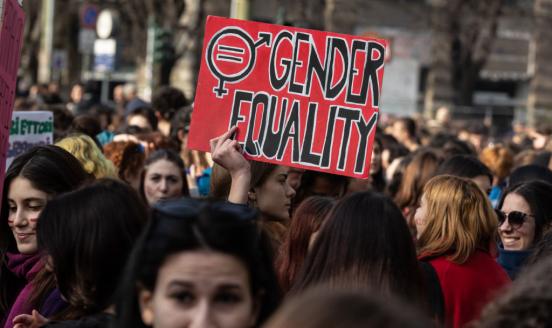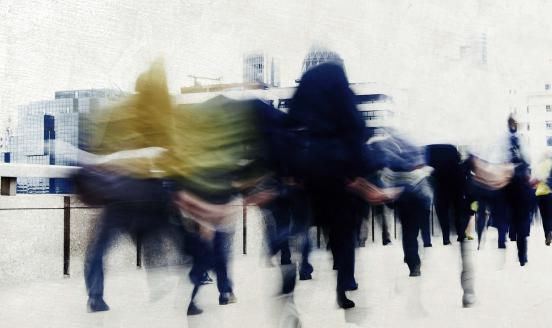Income inequality through decades and books
Discussions on inequality are gathering momentum in policy and academia. One indication of this trend is the frequency of the word “income inequality”
Frequency of using the word “income inequality” in Google’s text corpora in English, 1900-2008.
Source: Google Ngram Viewer. Note: No reliable data after 2008.
The amount of online content has increased enormously in the last decades, nevertheless we can observe that these has been a steep increase in inequality-related content from 1970-1980, followed by flat and/or declining trend throughout the following decade from 1980-1990.
However, starting from 1990s, the trend has quickly rebounded and continues to increase. Such a trend demonstrates that the discussions on inequality, distribution and fairness is likely to stay as an important topic, which in turn has large implications on directions of research and policy agenda.



